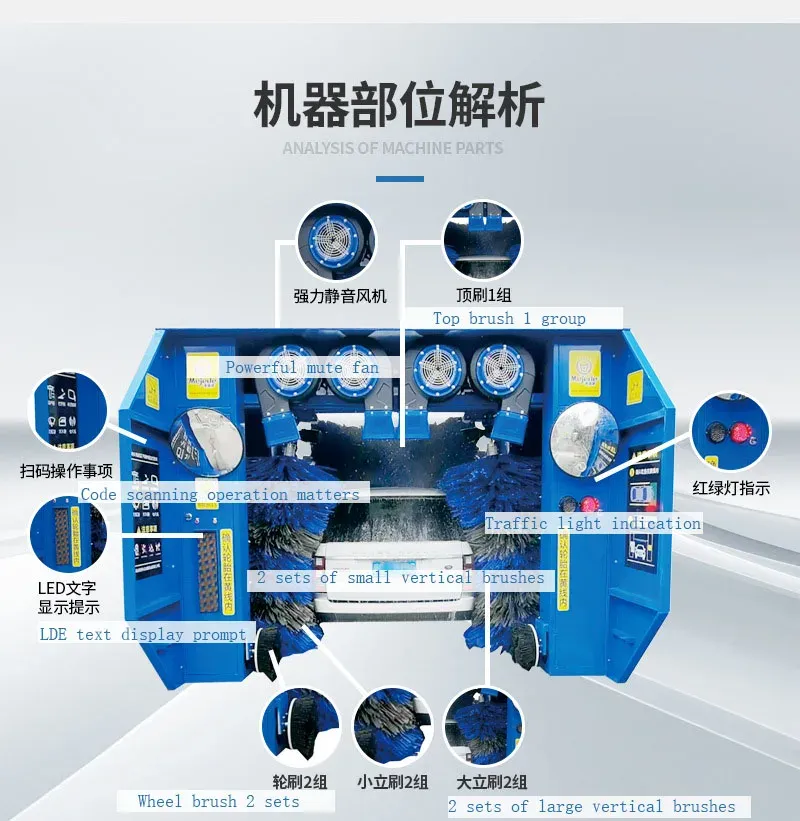
- Afrikaans
- Albanian
- Amharic
- Arabic
- Armenian
- Azerbaijani
- Basque
- Belarusian
- Bengali
- Bosnian
- Bulgarian
- Catalan
- Cebuano
- Corsican
- Croatian
- Czech
- Danish
- Dutch
- English
- Esperanto
- Estonian
- Finnish
- French
- Frisian
- Galician
- Georgian
- German
- Greek
- Gujarati
- Haitian Creole
- hausa
- hawaiian
- Hebrew
- Hindi
- Miao
- Hungarian
- Icelandic
- igbo
- Indonesian
- irish
- Italian
- Japanese
- Javanese
- Kannada
- kazakh
- Khmer
- Rwandese
- Korean
- Kurdish
- Kyrgyz
- Lao
- Latin
- Latvian
- Lithuanian
- Luxembourgish
- Macedonian
- Malgashi
- Malay
- Malayalam
- Maltese
- Maori
- Marathi
- Mongolian
- Myanmar
- Nepali
- Norwegian
- Norwegian
- Occitan
- Pashto
- Persian
- Polish
- Portuguese
- Punjabi
- Romanian
- Russian
- Samoan
- Scottish Gaelic
- Serbian
- Sesotho
- Shona
- Sindhi
- Sinhala
- Slovak
- Slovenian
- Somali
- Spanish
- Sundanese
- Swahili
- Swedish
- Tagalog
- Tajik
- Tamil
- Tatar
- Telugu
- Thai
- Turkish
- Turkmen
- Ukrainian
- Urdu
- Uighur
- Uzbek
- Vietnamese
- Welsh
- Bantu
- Yiddish
- Yoruba
car wash tunnel system price
The Cost of Car Wash Tunnel Systems An In-Depth Analysis
In recent years, the car wash industry has seen a significant transformation, with car wash tunnel systems becoming increasingly popular. These systems not only provide a more efficient way to wash vehicles but also enhance customer experience. However, when considering the installation of a car wash tunnel system, many operators are confronted with the question of cost. This article aims to break down the factors influencing the price of car wash tunnel systems and provide insights into making an informed investment.
Understanding Car Wash Tunnel Systems
Before delving into pricing, it’s crucial to understand what a car wash tunnel system is. Typically, this consists of a series of automated equipment designed to clean vehicles as they move through the tunnel. The process usually involves various stages, including pre-wash, washing, rinsing, and drying. This not only ensures a thorough wash but also considerably reduces the time taken compared to traditional hand washes.
Factors Influencing the Price
1. Equipment Quality and Brand The price of a car wash tunnel system can significantly vary depending on the quality and brand of the equipment. Established brands often offer advanced technology and higher reliability, which can justify their higher price tags. Although investing in a reputable brand might require a larger upfront cost, it could result in reduced maintenance expenses and increased longevity.
2. System Length and Capacity The size and capacity of the car wash tunnel are critical determinants of the overall cost. Longer systems that can handle more vehicles simultaneously will generally cost more due to the additional equipment and infrastructure required. Operators must assess their expected volume of customers to determine the right system size.
car wash tunnel system price

3. Installation Costs Beyond the equipment itself, installation is another significant expense. This includes site preparation, labor, and any necessary modifications to existing structures. Depending on the location and complexity of the installation, these costs can add considerably to the final price.
4. Technology and Features Modern car wash tunnel systems come equipped with a range of advanced features, such as water reclamation systems, automated payment systems, and sophisticated chemical delivery systems. While these technologies can improve efficiency and environmental sustainability, they can also increase initial costs.
5. Maintenance and Operational Costs It is essential to consider long-term operational expenses. Regular maintenance, utility costs, and the price of cleaning supplies will all impact the overall financial aspect of running a car wash tunnel system. Investing in energy-efficient systems can lead to lower operational costs over time.
6. Geographic Location The geographic location can also influence prices. Equipment costs, labor rates, and regulatory requirements vary significantly from one region to another. Operators should conduct market research to understand local conditions and adapt their budgets accordingly.
Conclusion
In summary, the price of car wash tunnel systems is influenced by various factors, including equipment quality, size, installation, advanced features, maintenance costs, and geographic location. While the initial investment can be substantial, the potential for increased efficiency and revenue generation makes it a worthwhile consideration for car wash operators. Careful planning and research are crucial in selecting a system that aligns with business goals and customer expectations, ultimately leading to a successful and profitable operation in the car wash industry.
-
Integrating Aqua Tunnel Car Wash in Shopping CentersNewsJun.24,2025
-
Gas Station with an Auto Car Wash MachineNewsJun.24,2025
-
Efficiency in Your Aqua Tunnel Car Wash: Power & Water-SavingNewsJun.24,2025
-
Car Wash Business with Advanced Auto Car Cleaning MachinesNewsJun.24,2025
-
Balancing Setup Costs with Aqua Tunnel Car WashNewsJun.24,2025
-
Aqua Tunnel Car Wash: Eco-Design for the Energy-Savvy EntrepreneurNewsJun.24,2025



